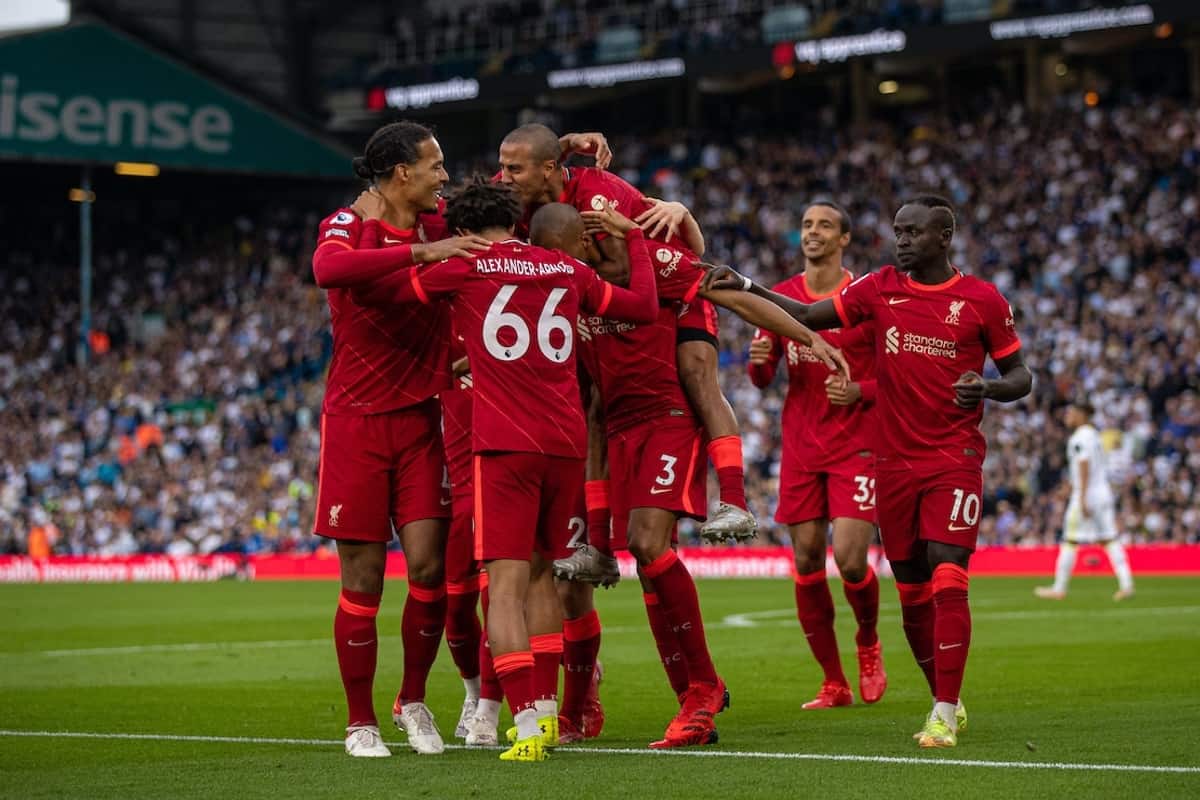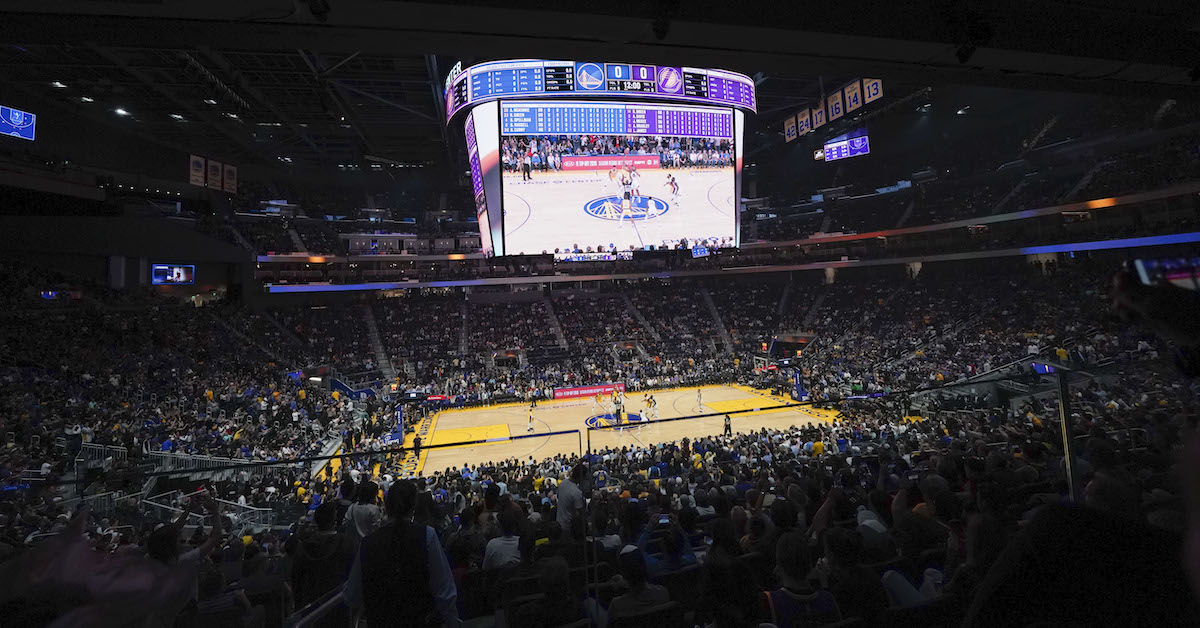Maine proposal would allow tribes to offer sports wagering

Maine’s federally recognized tribes could have exclusive rights to develop sports betting in the state under a proposal going before lawmakers.
A newly-amended legislative proposal that’s gaining support would update a decades-old compact with the state’s Wabanaki Nations – the Passamaquoddy, Penobscot, Micmac and Houlton Band of Maliseet – allowing them to set up an online sports gambling market, including setting regulations and taxes on bets placed on professional sports.
The legislation, which was narrowly approved by the Judiciary Committee last week, must still be taken up by the House and Senate before heading to Gov. Janet Mills’ desk for consideration.
A landmark land claims settlement in 1980 exempted Maine from federal Indian gaming laws, which has prevented the tribes from opening casinos on their lands.
In recent testimony on the bill, Penobscot Nation Tribal Ambassador Maulian Dana said the issue is one of fairness to Maine’s tribes, who deserve the same rights under federal law afforded other native people. Ideally, the tribes would prefer to have the 1980s settlement updated to allow casinos, but see the amendment as progress, he said.
“While we hope for more meaningful and lasting change in the future, we are happy to support this effort,” Dana said in testimony.
Maine is among the states that has been discussing allowing wagers on professional sports after the U.S. Supreme Court in 2018 struck down a federal law barring sports gambling in nearly all states except Nevada, paving the way for betting on games.
Supporters say it will cut down on black market bookmaking and point out the state is already losing money to neighboring New Hampshire, which launched sports betting in 2019.
Mills previously vetoed a sports betting proposal, as well as a budget line item allowing casinos on tribal lands last year, but has softened her stance on the issue in recent months. The first-term Democrat is up for reelection in November.
In recent testimony, Mills’ general counsel Gerald Reid told lawmakers the administration supports the bill with its most recent changes, which were hammered out in meetings between tribal leaders, lawmakers and state officials.
“This proposal would provide a significant economic opportunity that brings with it none of the controversy that has historically been associated with new casino development,” he said.
Reid said authorizing online sports wagering for the tribes would have “little impact” on the state’s revenues because tribes make up a small percentage of the state’s overall population. He said the plan, however, would “incentivize economic development on tribal lands and provide meaningful relief within some of our most economically marginalized communities.”
But the proposal is opposed by the state’s casino operators and private sports gaming companies – both of which would essentially be locked out of the market.
Dan Walker, a lobbyist for the Oxford casino, said expanding gaming in Maine – without including similar opportunities for existing brick and mortar casinos – “will hurt these facilities, stagnate their development, and cost jobs.”
“It will harm the economic benefits they provide to their host communities and harm the successful economic engine for Oxford County,” he told the committee, “shifting dollars away from the casino and the region.”
This article was originally posted on Maine proposal would allow tribes to offer sports wagering



